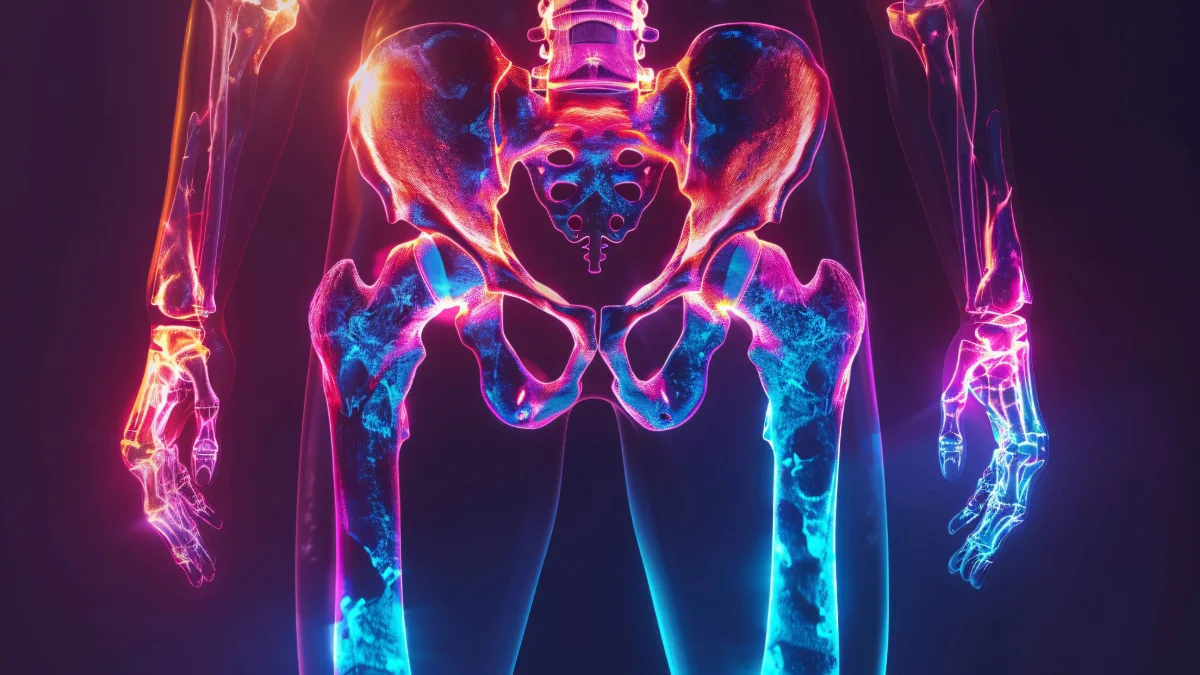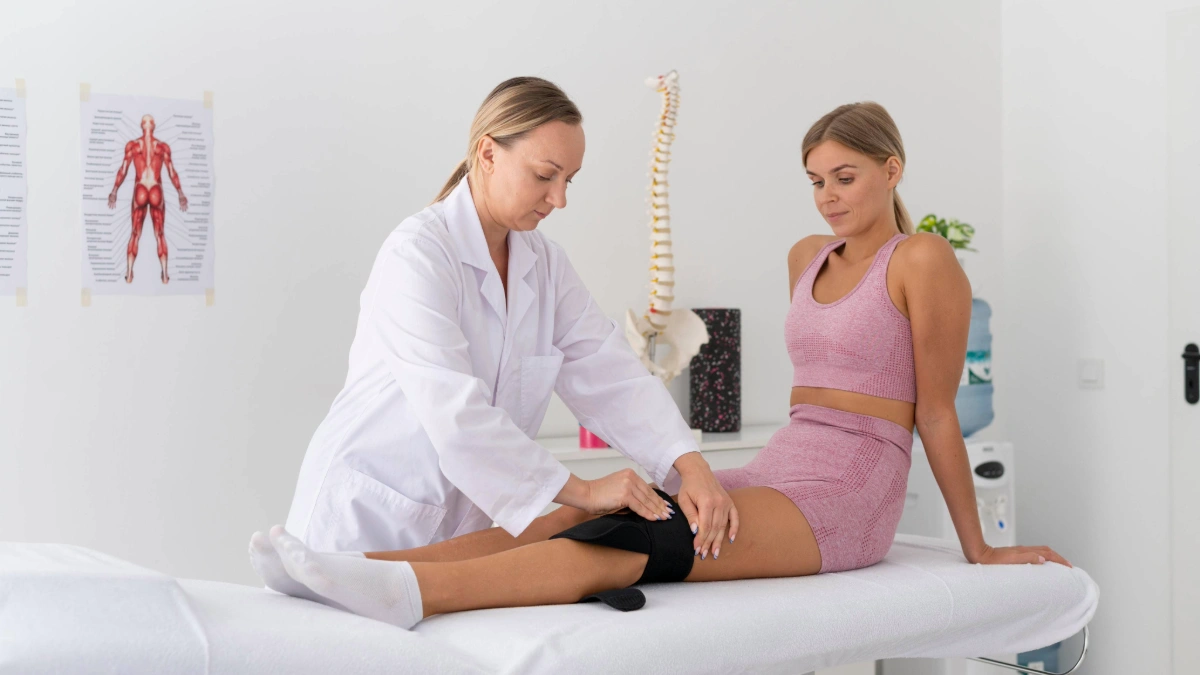Who is Eligible for Gynecomastia Surgery?
Gynaecomastia surgery is a treatment option available for adult males suffering from the condition of enlarged breast tissue. It often opts for its elective cosmetic benefits, which serve to enhance physical appearance and boost self-esteem, providing relief from physical discomfort resulting from excessive breast tissue. The operation is typically recommended for individuals experiencing persistent symptoms including pain and significant distress. It’s critical to evaluate any potential causes of gynaecomastia, and exploring non-surgical interventions is usually the primary approach. If such treatments prove ineffective, surgery becomes a viable option. However, it’s generally not recommended before the age of 18 and not until puberty has concluded. We encourage patients to fully understand the operation and be comfortable with their decision while extending necessary support and advice throughout the process.
What Is Gynecomastia Surgery?
Gynecomastia surgery, a procedure also known as male breast reduction, aims to reduce enlarged male breast tissue. Depending on whether the enlargement is caused by fatty or glandular tissue, this operation can involve liposuction, surgical excision of extra tissue, or a mix of the two. Under general anaesthesia, the procedure normally lasts 60 to 90 minutes and may necessitate an overnight hospital stay. Preparation for the surgery entails stopping medications that increase bleeding risk, quitting smoking and enhancing nutrition. Post-surgery care includes chest bandages, pain relief medication, and possibly draining and compression vests to manage pain, swelling and bruising.
Recovery After Surgery
Recovering from gynecomastia surgery generally takes several weeks. Initial recovery stages, requiring patients to take time off work, entail sore, swollen, and bruised breasts, necessitating an elasticated compression garment to be worn for 1-2 weeks to support healing.
Dressings need to be kept on, depending on personal wound healing rates, for about 1-2 weeks until stitches are either dissolved or removed.
Limitations post-operation include avoiding stretching, strenuous exercise, and heavy lifting for around 3 weeks, with about 6 weeks till full resumption of usual activities.
Driving should be feasible once it’s non-painful to use a seatbelt, likely several weeks post-op.
The gynecomastia surgery’s maximum effect will be visible up to 6 months post-operation. This will be with some possible red and lumpy scars that should fade eventually.
Post-operative care includes patient-discharge consultations, provision of requisite medications for pain relief, swelling reduction, and infection risk reduction, and bandage application to support the chest, manage swelling, plus possibly fluid and blood-draining tubes. Careful personal care and incision management at home is emphasized post-operation. Full recovery might take a few months to a year.
What Are the Potential Risks or Side Effects of Gynecomastia Surgery?
Male breast reduction surgery or gynecomastia surgery is generally safe and successful. But, like any surgery, complications can occur. These may encompass problems like:
- Visible and thick scarring
- Unevenly shaped breasts or nipples
- Issues with wound healing
- Loss of nipple sensation
- internal bleeding within the breast tissue
- Haematoma
- Lumps
- Bruising, or swelling
- Excessive bleeding
- Infection
- An allergic reaction to the anaesthetic
- Formation of blood clots in the deep veins
Post-surgery, there may be some swelling and bruising, which should gradually improve. However, permanent numbness in the breast area and potential scarring may occur. There is also a small risk the results may not meet initial expectations. And in some cases, additional surgery could be needed.
If you or someone you know is struggling with gynaecomastia, Avicenna International Hospital is here to help. Our experienced team of surgeons specializes in gynecomastia surgery, providing effective solutions for this condition. Don’t let gynecomastia affect your confidence and quality of life any longer. Contact us today to schedule a consultation and learn more about our advanced gynecomastia and breast reduction surgery options in Turkey. Take the first step towards a more confident you.







